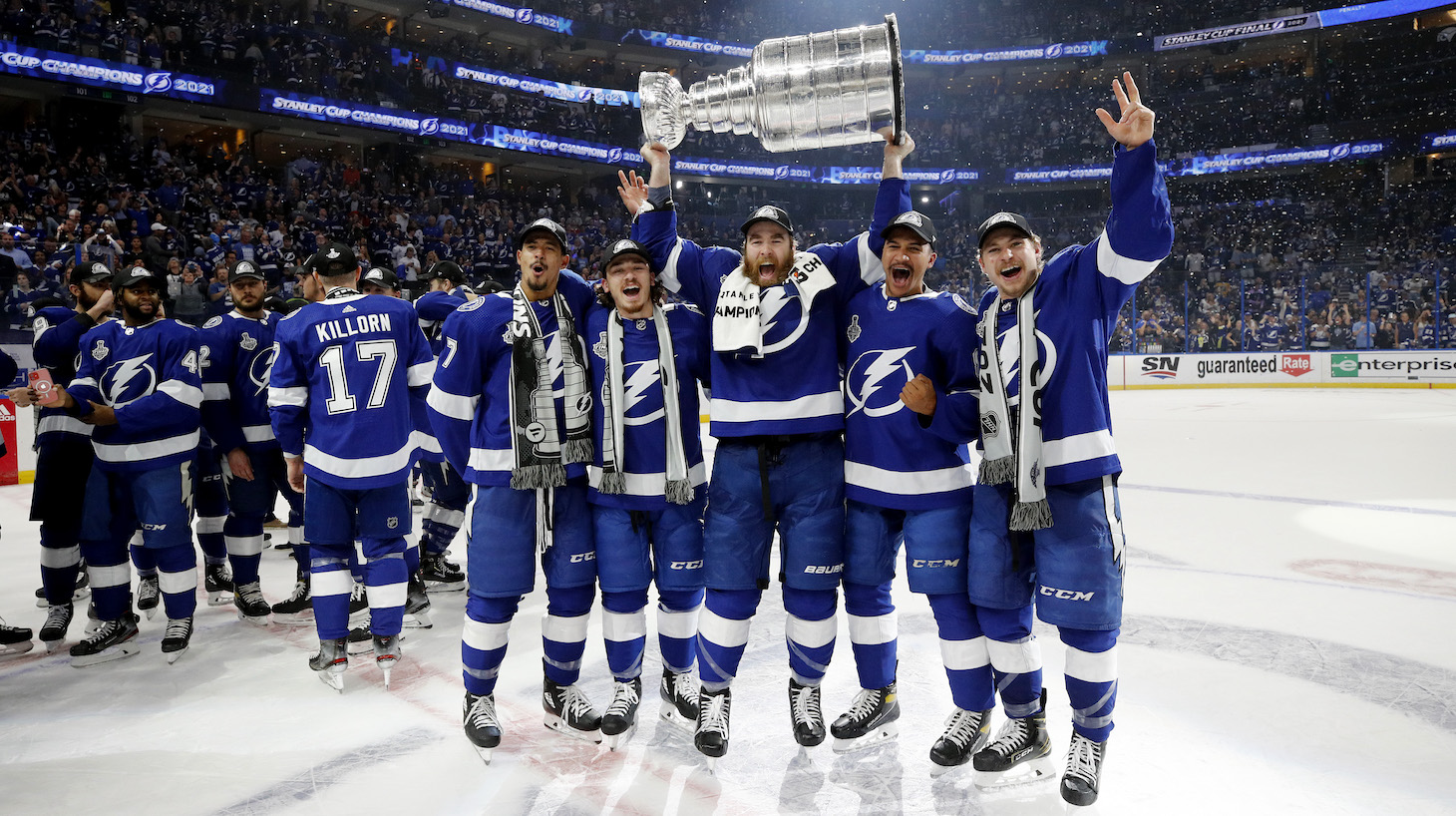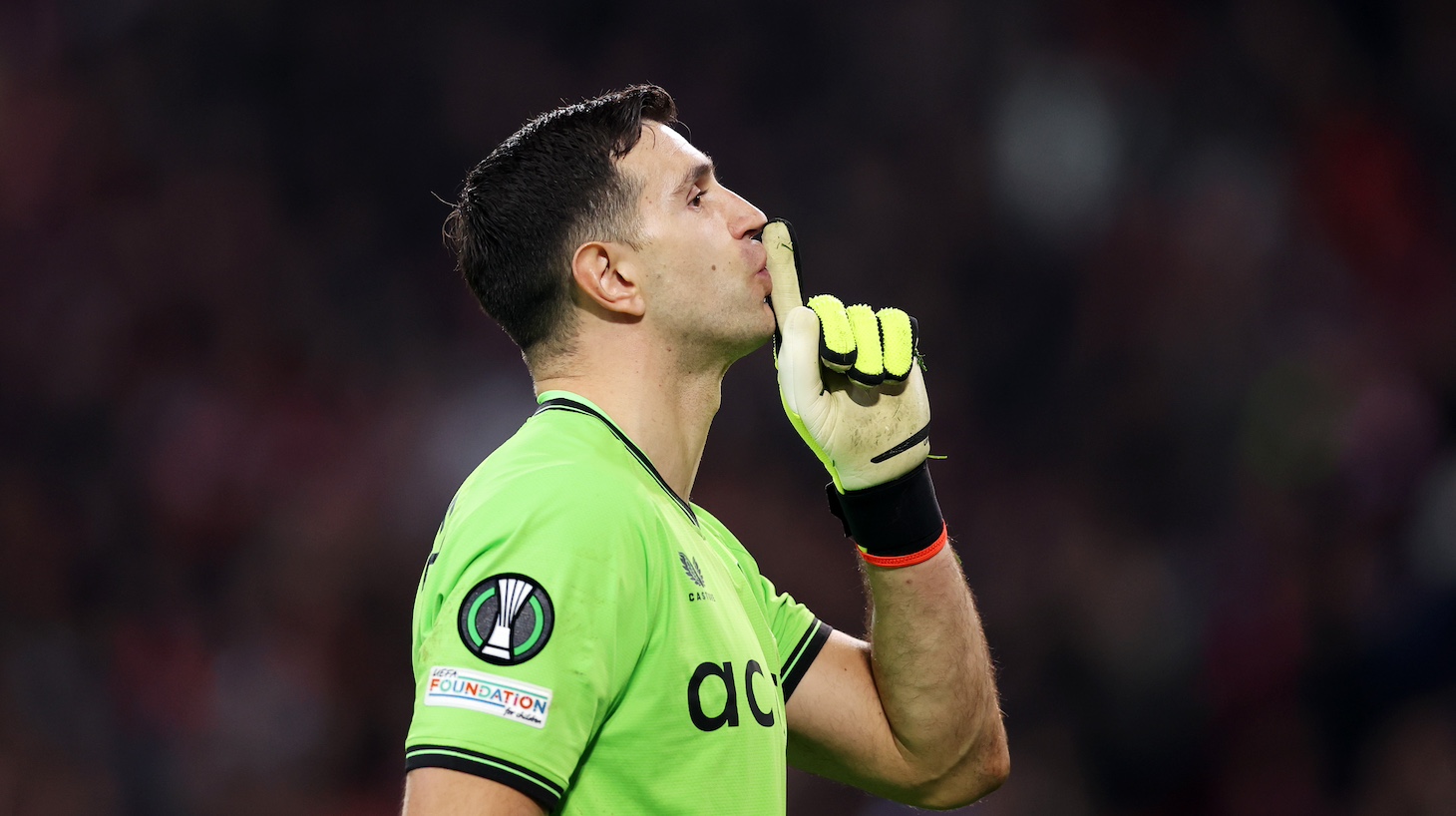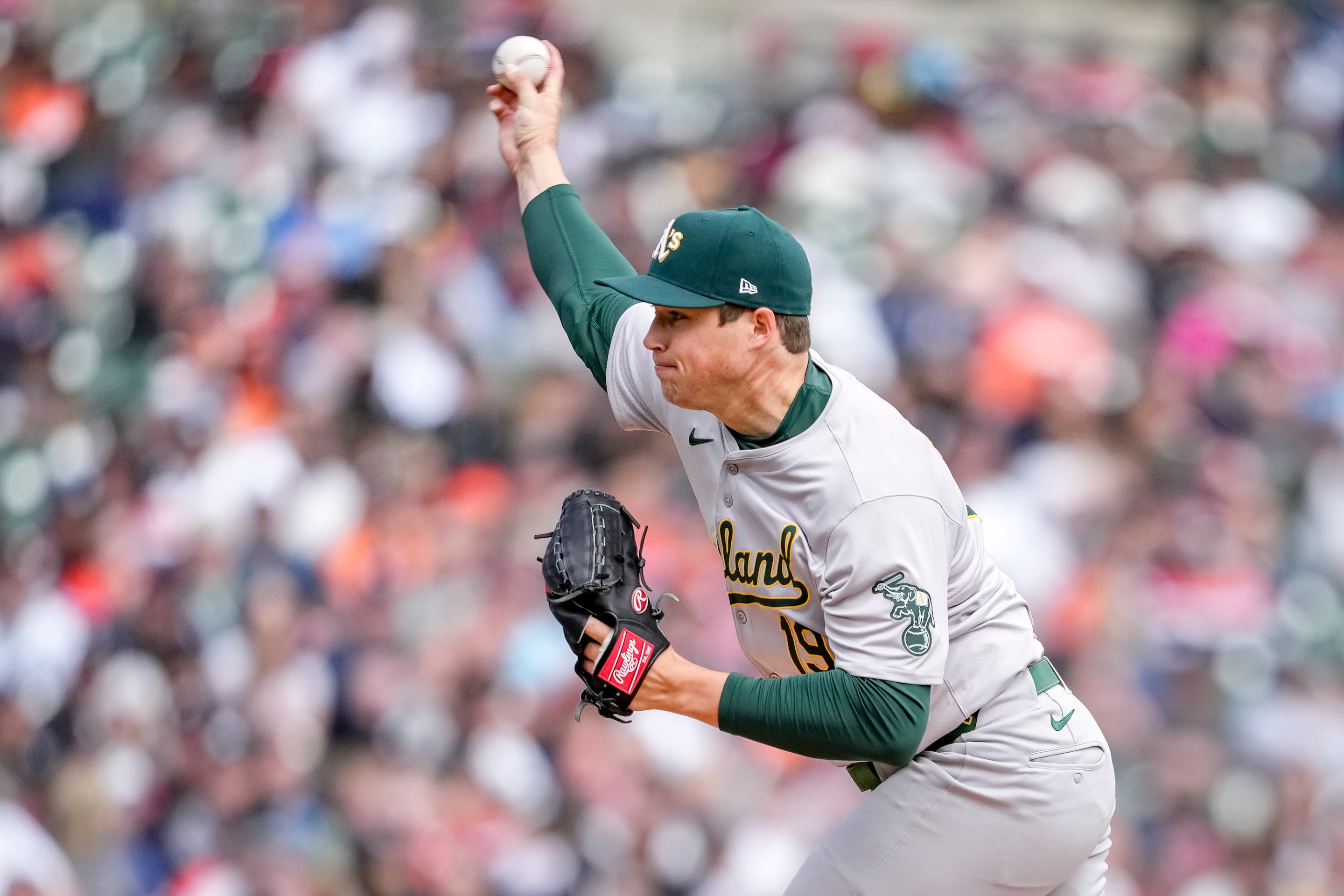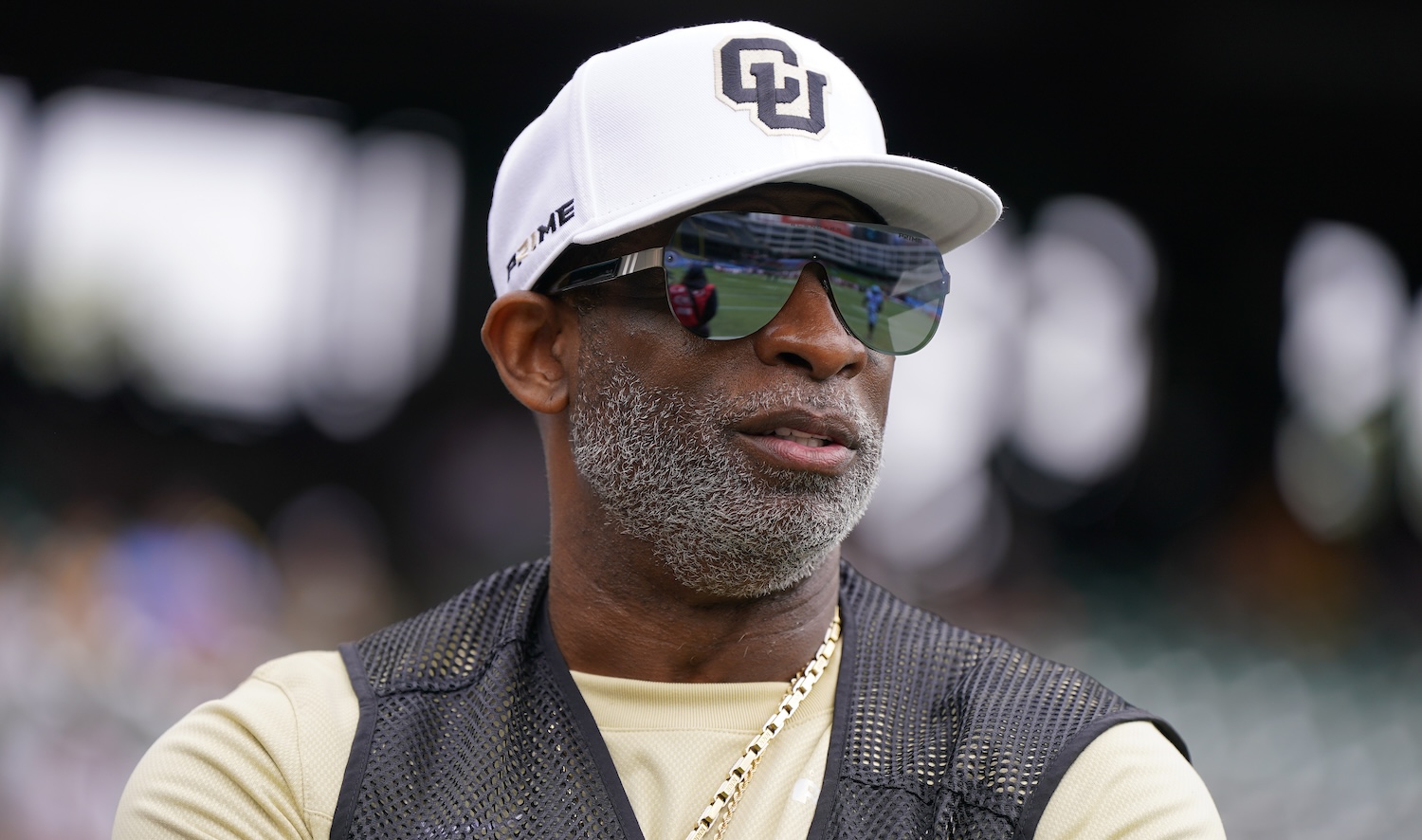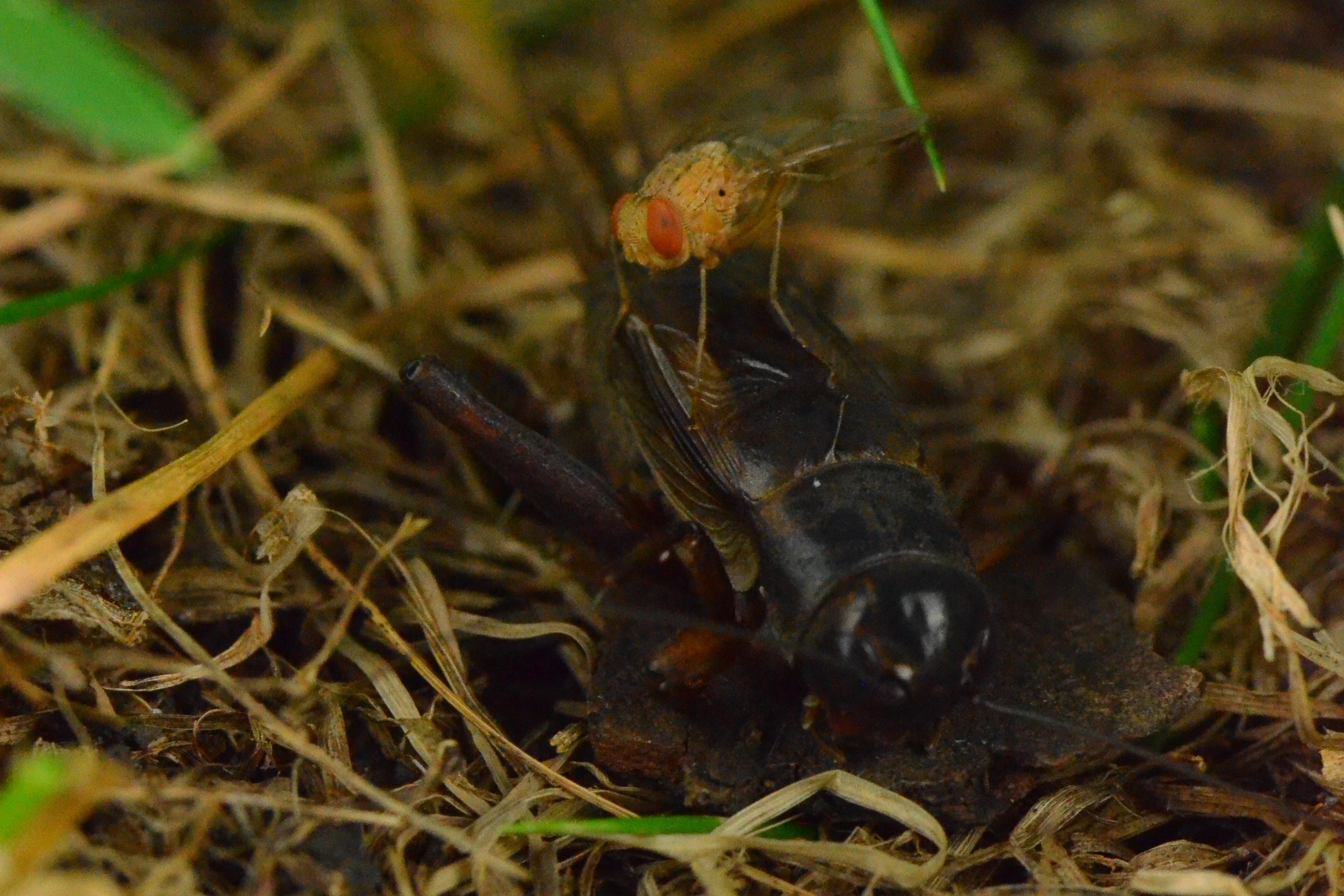The Lightning are the best team in hockey, and it's perfectly natural to find that boring. The truly explosive joy in sports is that of the unexpected, the underdog, the surprise. A superior and confident Tampa team doing exactly what it was supposed to do and raising another Stanley Cup has the whiff of anticlimax, the vibe of an office worker clocking in, quietly spending eight hours clearing their to-do pile, and heading home satisfied. But it's a bad metaphor. Hockey despises the expected and exists to thwart it. Its physics rebel against certainty, its salary cap discourages consistency, and its vagaries defy tidiness, order, perhaps even merit. The better team does not always win, and the best team only occasionally does. That the Lightning have now raised aloft two Cups in 282 days was inevitable in retrospect only, and is, in its way, wholly improbable. It's also as impressive an achievement as any you can name. Is that "boring"? You're within your rights to think so. But it doesn't make what they did any easier.
Luck and fortitude. You need them both, and the annoying little secret to this sport is that there's a very limited amount you can do about the former. I'm going to present two items for consideration, and though they are in fact bookends to this repeat, they are, used here, simply examples. The first is the first round in 2019, when a monster Lightning team coming off a historically successful regular season got just outright wiped by the thoroughly mediocre Blue Jackets, in four games and not even a particularly close four games. That was functionally the same Lightning, with the same core, as the Lightning that just went back-to-back, but for whatever reasons—and they were legion—they barfed at center ice and never cleaned it up and just kept slipping in it. They were a good team—a great team—and they lost.
Because that's what happens! Better teams lose, and they lose all the time. Especially in hockey, compared to other team sports. Very smart nerds have spent years trying to quantify this, but there's general agreement that hockey has the largest element of randomness. (No disrespect to them, but the Canadiens' presence in the Final is support for the hypothesis. I don't think anyone seriously considers them a better team than Vegas, but "better" alone doesn't keep you alive.) In the modern NHL, superiority is not a trump card—it's just a way to tilt the scales some discrete amount. So for a team like the Lightning to repeat is a testament to their skill and depth, both so overwhelming as to load the dice to come up reading their number eight series win in a row. Tampa was not merely the best team; they were the best team by so much that they were able to neutralize and overcome the sport's inherent randomness.
The second item to consider, also illustrative of both luck and skill, is the final frantic minute of action in Game 5.
In a strange sort of economy of scale, there is proportionally more that can go wrong in a single minute of play than in the macro view of a series or a playoff run—every touch is a disaster in waiting, every decision laden with risk, and with none of the flattening effect of a larger sample size. As the desperate Canadiens peppered the Lightning net with shots—or merely tried to, thanks to some nifty shot-blocking and aggressive stickwork—there were any number of instances where a single decision or deflection could have gone differently than it did. Andrei Vasilevskiy was credited with three saves within 23 seconds during this sequence, and any one of those could easily have been a goal. In a 1-0 game, that would have meant overtime, and who knows what then? Or what might've happened in a series that could then just as easily have become 3-2? Each minute rests on a knife's edge. There were 1,397 minutes just like that in this Lightning playoff run. To avert microdisaster that many times—not every time, but often enough to win—is an extended, hard-won triumph. It is every bit as difficult to keep things from going wrong as it is to do them right.
And to do it two years in a row? There is a reason why, in the cap era, just one other team has gone back-to-back, and it's not that the Capitals or Bruins or Blackhawks or Kings weren't good enough. Instead it's more accurate to say these Lightning were great enough.
These were not a normal two years, mind you.
"COVID, going in the bubble for 60-plus days, starting the year with COVID, no fans, having a shortened season, basically, then bouncing back after we won the Cup two months later, then starting the season again with 56 games, and it's back-to-backs every other day, it takes a lot," Pat Maroon said.
The two COVID seasons—and make no mistake, there were two—offered challenges to be faced by every team and overcome by few. In the bubble, there were teams that very clearly just wanted to go home and see their families. Through the grind of this compressed season, there were contenders that wilted or failed to maintain a barely sustainable level of focus. The Lightning, with the veteran savvy of a team that has earned its self-confidence, did not go all-out in either regular season, but were able to flip the switch when it counted. That ability to turn it on almost at will is a rare and valuable one. And it's an ability that's not god-given, but rather hard-won.
It's hard! All of this, everything the Lightning have done, and done with such competence as to make it appear straightforward and destined, is extremely hard! “It’s so hard to win the Stanley Cup,” Steven Stamkos said. “And then you do it two years in a row, you deserve to go down in history.”
That he even needs to say it speaks to the deceptive nature of greatness. There comes a point in every dynasty where coronation feels so inexorable as to seem pedestrian. For a fan, it can take an effort—a worthwhile one—to remember that a ho-hum series like this Final was only a mismatch because the Lightning were a juggernaut. But "unstoppable"? No. No team is unstoppable. Tampa was merely unstopped, a more realistic and more profound compliment. The highest tribute you can pay to the Lightning is that they made something so hard look so easy.
If you liked this blog, please share it! Your referrals help Defector reach new readers, and those new readers always get a few free blogs before encountering our paywall.
Deputy Editor
Read More:
Stay in touch
Sign up for our free newsletter
